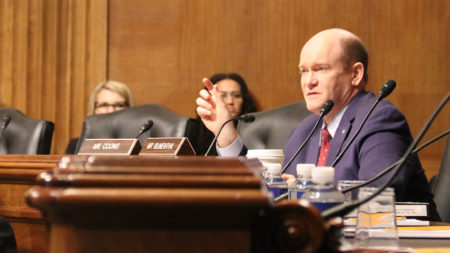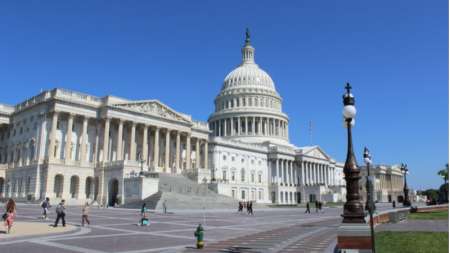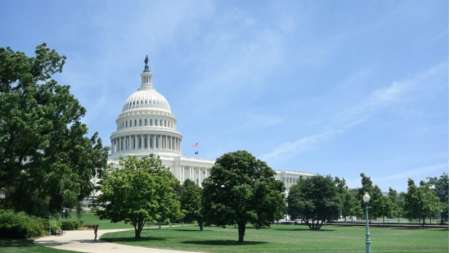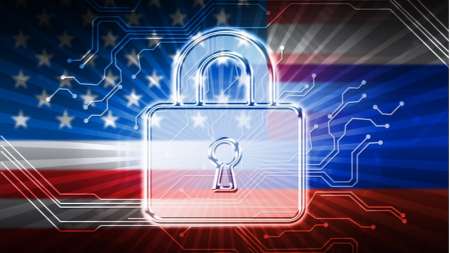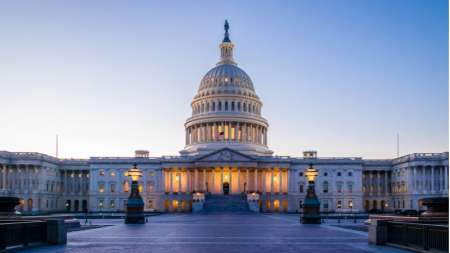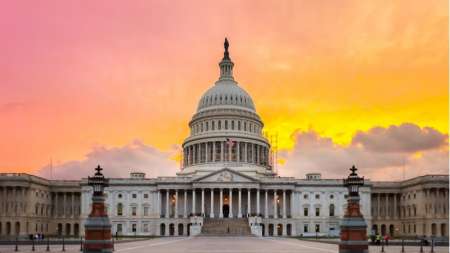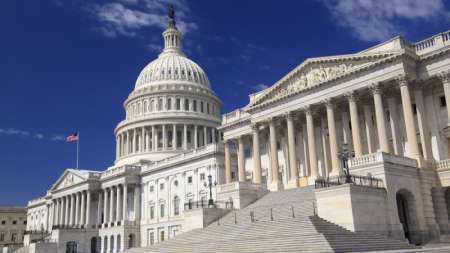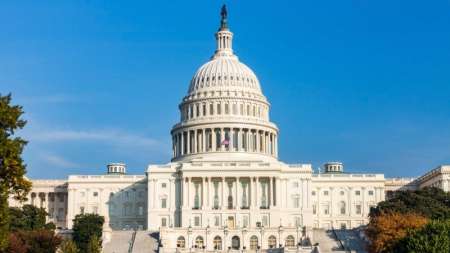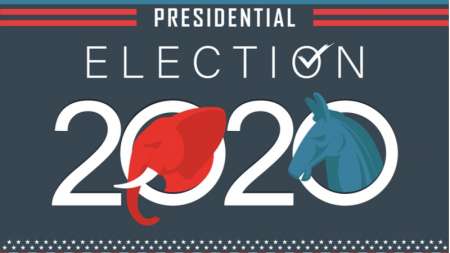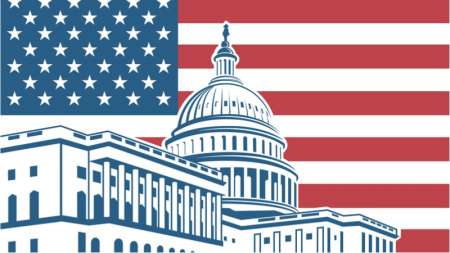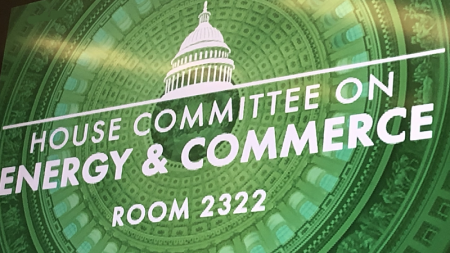Sens. Chris Coons, D-Del., and Dick Durbin, D-Ill., announced a bill to increase Federal investment in research and development (R&D) by $80 billion over nine years, and make “American Innovation Centers” in metropolitan areas the recipients of the funding. […]
To help universities protect COVID-19 research, Reps. Andy Barr, R-Ky., and Frank Lucas, R-Okla., introduced legislation to give those universities and research institutions tools to protect from cyberattacks from foreign cyber actors. […]
Tasked by Congress with devising an approach to defend the nation in cyberspace, the Cyberspace Solarium Commission submitted its report in March, but Solarium staff said today that the plan for a crucial component of defending the nation in cyberspace is not yet complete. […]
Sens. Maggie Hassan, D-N.H., and Bill Cassidy, R-La., introduced bipartisan legislation to streamline patient electronic health record (EHR) matching among healthcare providers using the United States Postal Service (USPS) address-formatting tool. […]
Sens. Ron Johnson, R-Wis., and Gary Peters, D-Mich., have introduced legislation to expand the pool of communications service providers who could apply for Federal government funding to remove and replace network equipment made by firms the government judges to be “untrusted,” such as China-based Huawei and ZTE. […]
Sens. Chris Van Hollen, D-Md., James Lankford, R-Okla., and Kyrsten Sinema, D-Ariz., have introduced legislation that would require Federal agencies to maximize telework for Federal employees for the length of the COVID-19 public health emergency. […]
The Government Accountability Office has submitted a new report to Congress regarding facial recognition technology, but its primary recommendation from a 2013 report remains – update the consumer privacy framework. […]
Sen. Angus King Jr., I-Maine, defended the Cyberspace Solarium Commission’s key recommendation to create a Senate-confirmed National Cyber Director before his Senate colleagues on Tuesday, finding commonality with the subcommittee chair on the position. […]
The national security community of the United States has found itself in a conundrum in the last few years, warning other countries about the risks of the China-based company Huawei, but unable to provide an American alternative for 5G networks. […]
The House Select Committee on the Modernization of Congress approved a dozen recommendations to improve the continuity of operations in Congress in the event of a crisis. […]
As the congressionally mandated National Commission on Military, National, and Public Service concludes its three-year effort, several of its cyber workforce recommendations are ripe for legislative action, including the idea of a civilian cybersecurity reserve. […]
A group of six Democratic senators led by Sen. Brian Schatz, D-Hawaii, introduced legislation on July 29 to establish labor task forces that would provide Federal workers with an outlet to express needs for personal protective equipment (PPE) and establish health precautions for returning to the workplace. […]
While telecommunications providers in the United States prepare to rip out and replace gear from China-based Huawei and the United Kingdom has moved to eventually ban the company’s equipment from its 5G networks, the German government has officially stated its neutrality in the matter. […]
Top officials with the National Security Commission on Artificial Intelligence on July 29 detailed their recommendation that Congress create a Digital Service Academy to increase the government’s overall technological capabilities. […]
Congress is looking to hammer out its next COVID-19 relief bill in the coming weeks and it looks like it will be a contentious negotiation. As part of its opening salvo, Senate GOP leadership released their policy proposal on July 27. […]
Reps. Rosa DeLauro, D-Conn., and Joe Kennedy III, D-Mass., introduced the We Need Eviction Data Now Act (H.R. 7743) on July 23 to direct the Department of Housing and Urban Development (HUD) to create a database of eviction records. […]
A group of Republican senators introduced the Strengthening Trade, Regional Alliances, Technology, and Economic and Geopolitical Initiatives Concerning China (STRATEGIC) Act to advance a comprehensive strategy for U.S. competition with China. The legislation, introduced July 22, is co-sponsored by Sens. Cory Gardner, R-Colo., Jim Risch, R-Ind., Mitt Romney, R-Utah, and Todd Young, R-Ind. […]
The Senate approved the National Defense Authorization Act (NDAA) for Fiscal Year 2021 today in an 86-14 vote, following a White House threat to veto the legislation. […]
The Pandemic Response Accountability Committee (PRAC) has released a five-year oversight plan for the government’s handling of coronavirus relief funds that features use of data analytics, artificial intelligence, and other tech tools. […]
The Senate Homeland Security and Governmental Affairs Committee approved by voice vote today several tech-related legislative measures including S. 4200, which would direct the General Services Administration (GSA) to establish an IT modernization Centers of Excellence (CoE) program that would facilitate adoption of modern technology by executive branch agencies. […]
The chairman of the House Homeland Security Committee called for the Senate to pass more election funding, joining calls from state officials across the country who have asked for more funding to secure November’s election. […]
The Senate Committee on Commerce, Science, and Transportation advanced key IT legislation, as well as a Federal Communications Commission (FCC), out of today’s business meeting. […]
After two days of floor debate, the House of Representatives on July 21 approved its version of the National Defense Authorization Act for Fiscal Year 2021, by a vote of 295 to 125. […]
While the commander of U.S. Cyber Command emphasized action in protecting the elections on July 20, so too did a group of over 30 former government officials in a letter to House and Senate leadership. […]
The House voted late on July 20 to include in the Fiscal Year 2021 National Defense Authorization Act (NDAA) legislation that would codify into law the FedRAMP program – giving the program a statutory foundation and formal standing for congressional review. […]
In a letter to House leadership, a group of House Democrats urged leadership to block Federal spending on facial recognition technologies for law enforcement. […]
The House Energy and Commerce Committee advanced several bills, including a pair of telecommunications bills that have Senate companions, by voice vote on July 15. […]
A former chairman of the House Permanent Select Committee on Intelligence and the United States Chamber of Commerce are the latest additions to a growing list of supporters for a key recommendation of the Cyberspace Solarium Commission–a National Cyber Director. […]
With the base bills for the FY2021 National Defense Authorization Act now out of committee in both the House and Senate, the Cyberspace Solarium Commission is continuing its work to see its recommendations in the final legislation. […]
The leaders of the House subcommittee responsible for drafting Federal privacy legislation agreed on Thursday about the need to resume working together in order to pass a national standard, while the panel’s top Republican called for clarity on liability protections. […]

